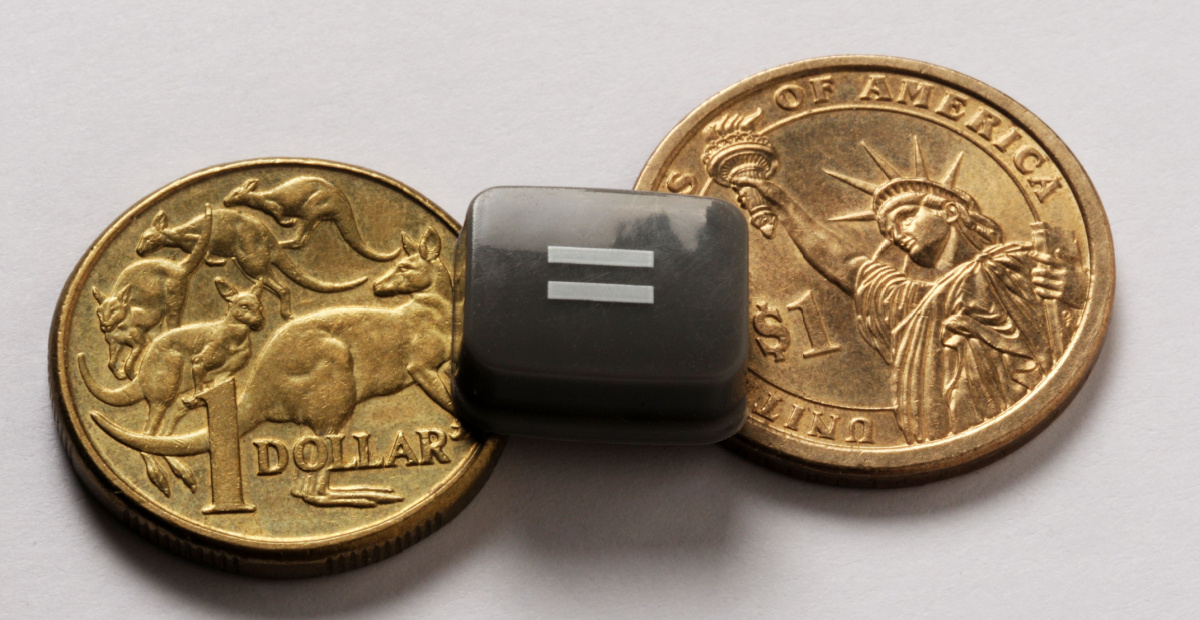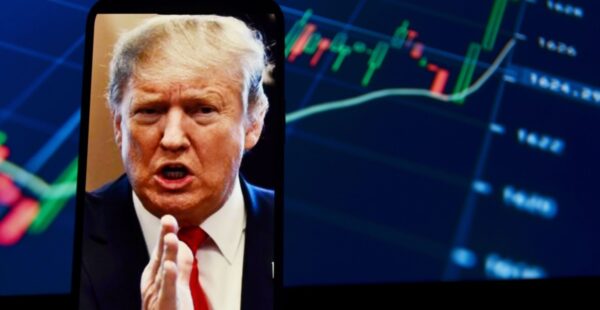Betashares launches Aussie-hedged US top 500 ETF

ETF specialist fund manager Betashares has launched an Australian currency hedged version of its popular S&P 500 Equal Weight ETF on the Australian stock exchange.
The Betashares S&P 500 Equal Weight Currency Hedged ETF (ASX: HQUS), like its parent fund, provides investors exposure to 500 top listed US companies, with equal weighting for each holding.
Uniquely, however, the HQUS hedges foreign currency exposure back to the Australian dollar, which, Betashares says, serves to minimise the effect of currency fluctuations on investor returns and performance.
Betashares chief executive Alex Vynokur further notes that the fund’s unique structure “reduces some of the concentration risks associated with its market capitalisation weighted equivalent” – the S&P 500 Equal Weight ETF (ASX: QUS).
The just-launched fund currently counts just over $1.13 million in net assets; its annual management fee is 0.32%.
The HQUS parent fund, QUS, has grown to over $380 million in funds under management since inception at the end of 2020. The fund has returned 8.41% per annum (minus fees) over the last three years, in line with the index figure of 8.39%.
With investments spread across the top 500 index, Betashares says the QUS can avoid investor overexposure to ‘mega cap’ companies, which now account for more than a quarter (28%) of the S&P 500 index by market capitalisation.
“By removing the link between the price of a share and its weight in the index, the equal weight approach aims to outperform comparable traditional [indices] over time by selling higher priced shares while buying those which are lower priced, through regular rebalancing,” Betashares writes in its QUS factsheet.
With the launch of HQUS, Betashares now has 23 currency hedged ETFs in-market, accounting for $4.4 billion in funds under management in that category.
Collectively, Betashares currently manages over $39 billion in assets.











What a load of Poppycock ! Rules for Thee but not for ME ! If csnnot see the legal conflict…
So it's acceptable for a Superannuation fund using members' money to waste it in this instance? As trustee's, they have…
Four Years to process multiple Binding Death Nomination form. Four months is the minimum processing time for Australia SuperDeducting Insurance…
This is the equivalent of saying that no Fund should be disadvantaged by the NALI/NALE legislation... oh wait that legislation…
Are these guys for real? All they worry about is advertising and can't even pay a claim in a reasonable…